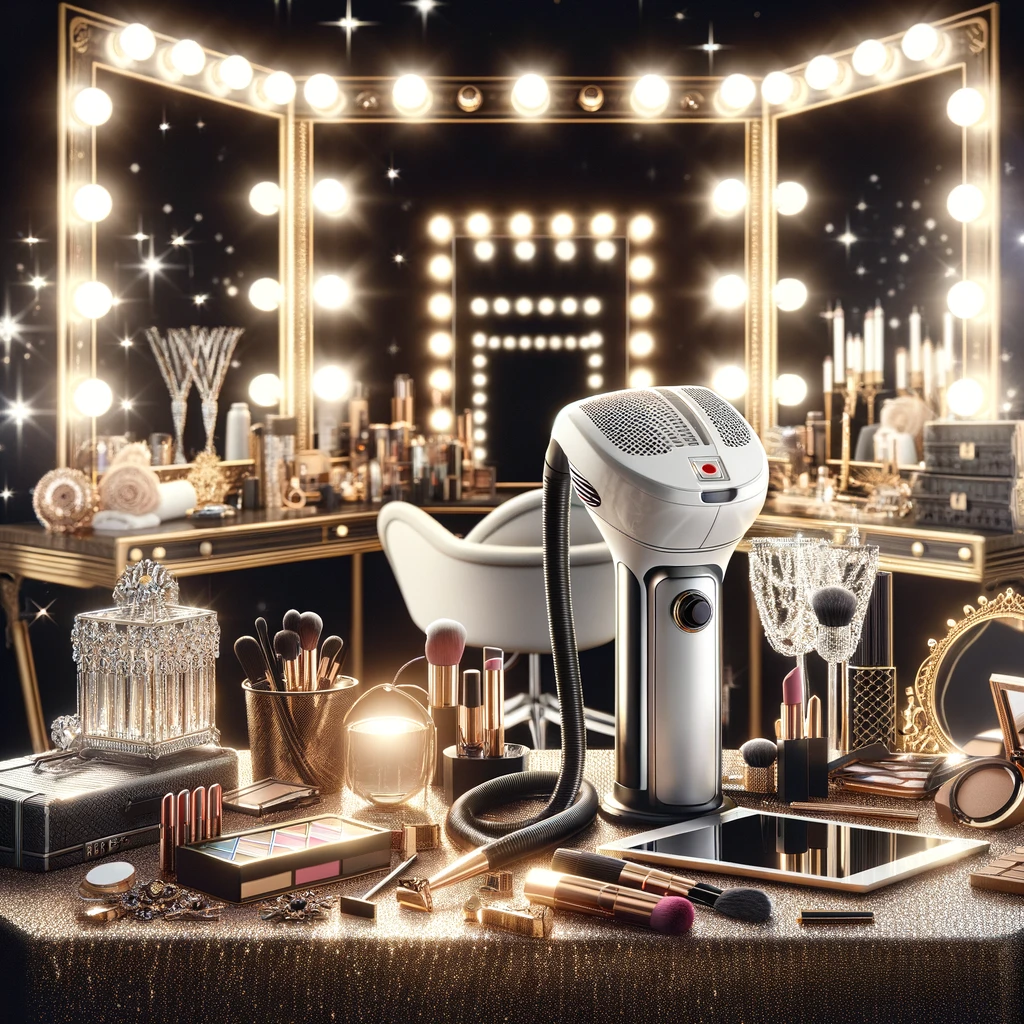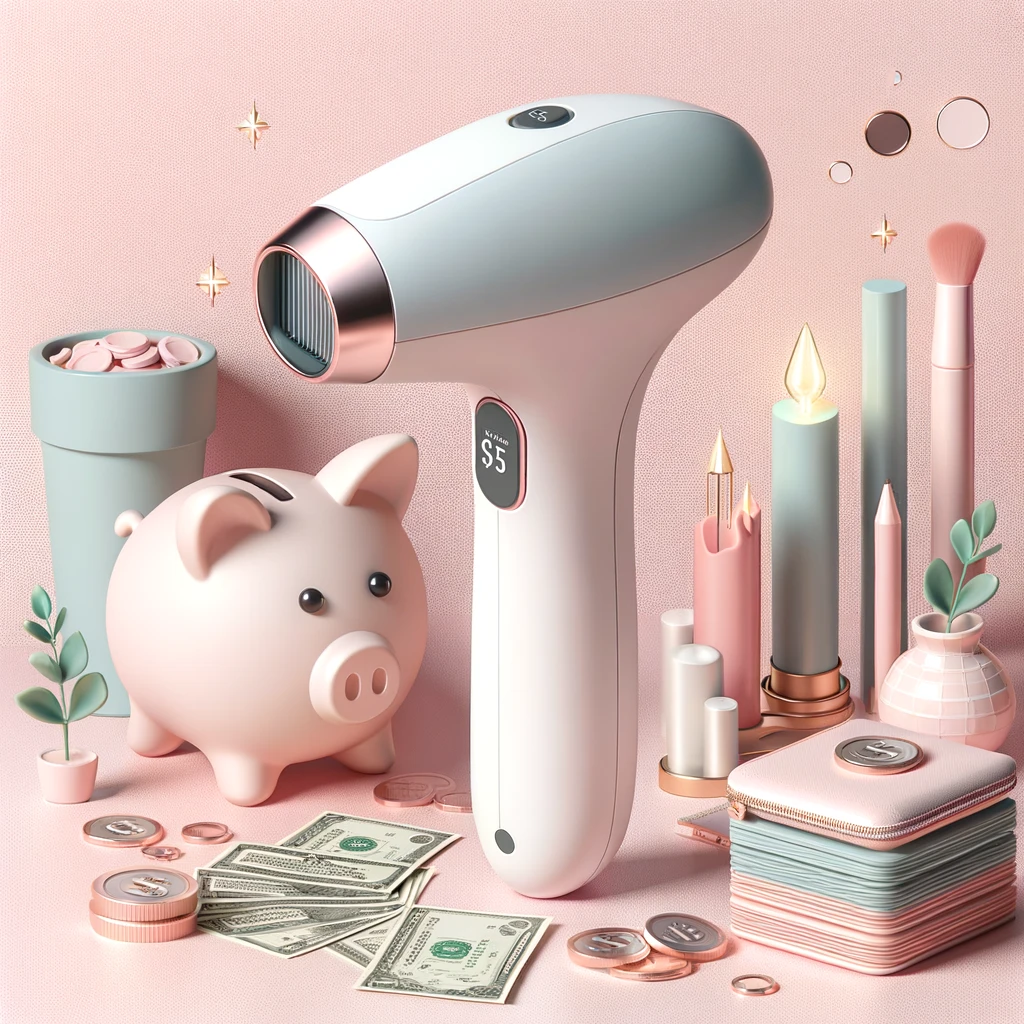With promises of smooth, hair-free skin from the comfort of your own bathroom, it’s no wonder at-home laser hair removal devices are gaining popularity. But amidst the sleek marketing and enticing before-and-after photos, a key question remains: do they truly deliver the same results as professional treatments, and are they worth the investment?
Before taking the plunge, let’s explore the pros, cons, and what you need to know to make an informed decision.
How Do At-Home Devices Differ from Professional Lasers?
- Technology: Most at-home devices use IPL (Intense Pulsed Light), which emits a broader spectrum of light compared to the concentrated single wavelength of clinic-grade lasers. IPL does target hair follicles but generally requires more treatments to achieve similar results.
- Power: Professional lasers operate at higher energies, meaning they can more effectively disable hair growth. At-home devices are designed with safety regulations in mind, limiting their power output.
- Customization: In a clinic, a professional assesses your skin tone, hair type, and treatment area to determine the optimal laser settings and treatment plan. This personalized approach isn’t achievable with a single at-home device.
Potential Benefits of At-Home Laser Hair Removal
- Convenience: The biggest draw is the ability to treat yourself on your own schedule. No appointments or commutes mean easier consistency.
- Privacy: For those self-conscious about unwanted hair, at-home treatments offer a discreet solution.
- Cost (Potentially): Over time, the upfront cost of a device could be less than ongoing professional sessions. This depends on the device, area treated, and your individual hair growth.
The Caveats: What You Need to Consider
- Results Take Time: Both professional and at-home hair removal require multiple sessions over weeks or months. At-home treatments usually require even more sessions due to lower power.
- Not for Everyone: IPL works best on those with light skin and dark hair. Very dark skin tones or light hair often don’t see significant results and pose a higher risk of burns.
- Skill Required: Using a device correctly for maximum efficacy takes practice. Improper use can lead to uneven results or skin irritation.
- Maintenance is Key: Even with successful hair reduction, touch-up treatments are typically necessary to maintain the results long-term.
Expert Insight: Who Might Benefit Most?
At-home laser hair removal isn’t a one-size-fits-all solution. It can be a good option if:
- You have realistic expectations: Don’t expect results mirroring a professional clinic. Think of it as long-term hair maintenance and reduction rather than total elimination.
- You’re committed to the process: Consistency is key! You need to be comfortable with regular at-home sessions for optimal results.
- Your hair and skin tones are suitable: Always check a device’s specifications and contraindications before buying.
- You prioritize convenience over rapid results: If flexibility and privacy outweigh the need for professional-grade power and speed, at-home devices could suit your lifestyle.
Decoding the Market: Top Devices and Considerations
Reputable brands offering at-home IPL devices include:
- The Medspa Store
- Tria Beauty
- Braun
- Philips Lumea
- SmoothSkin
- Kenzzi
When choosing a device, always consider:
- Safety Features: Look for automatic skin tone sensors, multiple power settings, and FDA approval.
- Treatment Area Size: Smaller areas like the face may have dedicated attachments, while larger areas like legs will require a wider treatment head.
- Cost of Replacement Parts: Some devices have limited-lifespan cartridges that need replacing, factoring into the long-term cost.
The Verdict: To Buy or Not to Buy?
At-home laser hair removal devices can be a worthwhile option for certain individuals. If you’re seeking a convenient way to reduce hair growth over time, have suitable skin and hair types, and are committed to consistent use, they offer a more accessible approach.
However, if you want the fastest possible results, have complex skin or hair needs, or desire the expertise of a professional, sticking with in-clinic laser treatments will likely be a better investment.
Always prioritize safety! Consult a dermatologist if you have any concerns about using at-home devices, especially if you have sensitive skin or underlying medical conditions.







Leave a comment